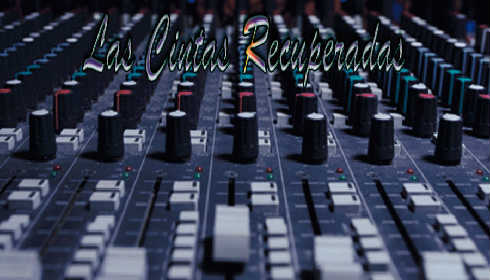
1.Encontros, Pt. 1 2:13
2.Encontros, Pt. 3 4:17
3.Latino America 5:27
4.Marissea 7:38
5.Para Nosotros 7:59
6.Juana Azurduy 11:14.
Novelli - Bass(Electric)
Daudeth de Azevedo - Cavaco
Mayuto Correa - Conga,Triangle
Antonio Pantoja - Percussion, Quena,Sikus,Erkencho
Adalberto Cevasco - Bass (Electric)
Domingo Cura - Bongos,Bombo
Isoca Fumero - Charango
Pocho Lapouble - Drums
Ricardo Lew - Guitar(Electric)
Raul Mercado - Quena
Amadeo Monges - Arpa India
Jorge Padin - Percussion
Quelo Palacios - Guitar(Classical)
Zurdo Roitzner - Percussion,Drums
Paulinho Braga - Drums
Helio Delmiro - Guitar
Jim Hughart - Bass(Electric)
Gato Barbieri - Flute,Composer,Sax(Tenor),Vocals,Wind,Narrator.
The second entry in Gato Barbieri's series of Impulse albums dealing with Latin America picks up where the first one left off, and in its way, follows its format closely yet not without some key differences. Based on the critical reviews of Chapter One: Latin America, he was emboldened to take some new chances on this, Chapter Two: Hasta Siempre (which translates to "As to Always.") The album was recorded between Rio de Janeiro and Los Angeles with the set's final cut recorded in Buenos Aires, Barbieri's homeland.
The set kicks off with parts one and three of "Econtrol," a raucous, festive jam that marks the album's only real concession to American music because of an electric bassline by Los Angeles sessionman Jim Hughart. The rest of the players are all Latins, most unheard of outside their native lands. Barbieri's blowing is, like Pharoah Sanders', over the top, unfettered, deeply emotive like the human voice in full-throated song. Totaled, the two parts of the suite cover six-and-a-half minutes -- part two was featured on an Impulse sampler called The Saxophone and is not present here. The accompaniment of Helio Delmiro's electric guitar with Paulinho Braga's drum kit, Mayuto Correa's conga work, and Daudeth de Azevedo's small, four-string guitar called the "cavaco" adds to the culture clash that comes flowing out of the center of the mix. Add to this Novelli's second electric bassline and it becomes an orgy of rhythm and carnival spirit: free, funky, and forceful. "Latino America" is a much more typical piece in that it employs folk instruments almost exclusively: Quena, Indian harp, bombo drums, small percussion alongside electric and classical guitars, and Barbieri's haunted saxophone lines playing full modal. "Maressea" is once more a sort of "fusion" tune where Latin instrumentation, carnival rhythms, Afro-Cuban salsa beats, and funky undertones all commingle, sweat, and groove under the saxophonist's intense, extremely busy tenor.
The only track not composed by Gato is the final one, "Juana Azureduy." Here, his narration (in Spanish) is supported by a host of drummers, guitars ranging from full-on electric and classical to charango, an electric funky bassline, and an army of small percussion as Indian harps and wood flutes swirl about the sound of his voice, which at times whispers like the wind, and at other times, shouts. His tenor, like Coltrane's performances on "India" or "Greensleeves," goes into the intricacies of minor modes to bring out the folk melodies he's evoking from the lyric line of the composition. At over 11 minutes, it is the longest cut here, and it's the strongest. It's a stunner and will leave any interested listener breathless by its finish.
Interestingly, Chapter Two: Hasta Siempre wasn't greeted with the same laudatory critical acclaim as its predecessor was, but in some ways, it's a far stronger album, reflecting Barbieri's growing confidence in himself as a composer, arranger, and bandleader -- he already had his mettle as a soloist. This was reissued by Verve as part of its excellent Originals series. It sounds great, is dirt-cheap, and is an essential entry in the canon of great Latin jazz. ~
Thom Jurek, All Music Guide
































